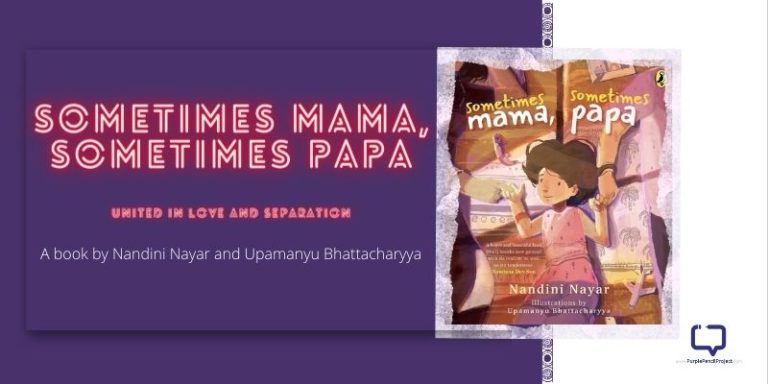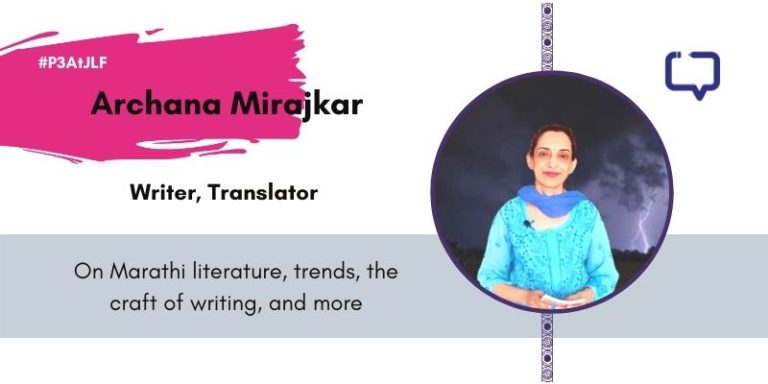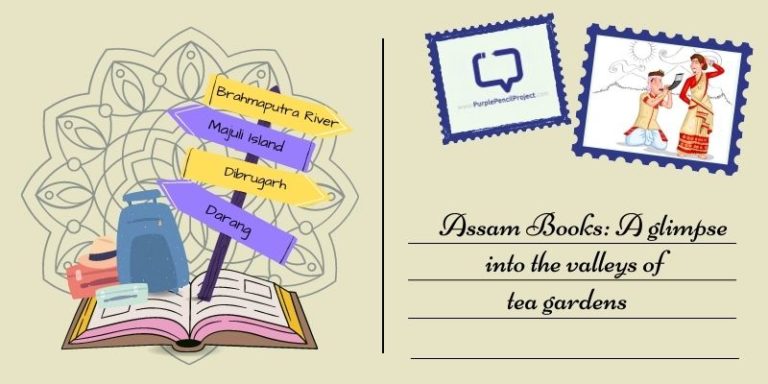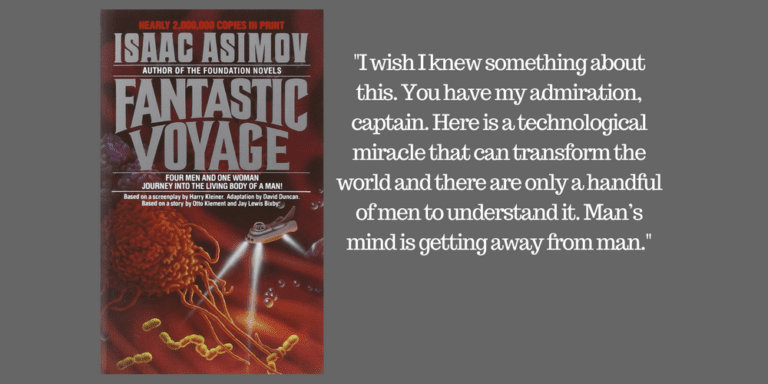Amritesh Mukherjee reviews Shabnam Minwalla’s Zen (Published by Duckbill, 2023) observing how it is rooted and relatable.
You don’t really need to pick up the papers or watch those shouting matches that are on full display on our news channels to know the state of our nation when it comes to polarization and tolerance. Remember the JNU arrests in 2016? Or the nationwide protests against CAA-NRC in 2019-2020? Or the farmers’ protests in 2020-2021? The list goes on and on, the pile of protests and subdual of any dissent remains constant.
Perhaps more disturbing than that is the mainstream narrative that remains the one and the same through thick and thin, which is why any narrative in this stifling political environment that dares to oppose and makes you stop and think is crucial.
That’s what Zen by Shabnam Minwalla does, and not just that, it targets an audience for whom literature in the market, by and large, remains “apolitical”. In a world where politics makes its way past all nooks and corners, nothing is apolitical or can be.
We encourage you to buy books from a local bookstore. If that is not possible, please use the links on the page and support us. Thank you.
The Plot
The intergenerational story follows two teen girls named Zainab, one living in the 21st century, named after her great grandmother, and the other Zainab from the 20th century, both living in an India with deep societal fissures. We follow the 21st-century Zainab (Zen) through third-person narration, and her great-grandmother through her diary entries.
Zen’s world changes when the ruling party announced the Citizen (Amendment) Act or CAA, which, when combined with the NRC (National Register with Citizens), seeks to alienate and oust the Muslim population of the country.
The nation is polarized and politics permeates all aspects of her life. As she prepares for a school debate on “Is Our Constitution Dying?”, an unexpected visitor arrives in her life who would completely change everything. Meanwhile, decades away in the past, Zainab’s engagement has been fixed but she has a new tenant who finds shades of color in her she never knew. Change is all around her and things would change for her too, for better or worse.
Zen and the Lack of Politics in YA Fiction
While it can be argued that India is fairly young when it comes to YA literature, that doesn’t change the fact that popular teen stories tend to lack political discussions. And, in a time when concepts like democratic rights and evolution are slowly removed from textbooks, how do you make the younger generation more aware when there don’t exist political issues in the stories they read?
All of this makes Zen even more important a book that needs to be read and shared and talked about. The conversations and subplots that unravel through this book would probably be all too relatable for a lot of the readers, be it the talks of someone being “anti-national” for daring to oppose the government, or conflicts arising in families through differing political opinions, or bigotry that’s coated in the form of societal norms and traditions.
Shabnam urges you to not be passive, a silent spectator and enabler to it all, and use your voice and presence to stand for something.
Intermingling of Genres
But, in case you might have declared/dismissed this one as a completely political narrative, like all things in life, Zen is also a love story at its heart. Yes, politics manufactures the core of the story, but it remains, by and large, a romance novel, a beautifully written one at that. Much like Jane Austen’s Pride and Prejudice, the protagonist’s favorite novel, Zen, too, has a haters-to-lovers trope that ebbs and flows, dips, and emerges.
What Shabnam does cleverly is base their conflicts primarily on the societal, religious, and political divides that exist between them, rendering the story all the more rooted and relatable.
Music and Colors as Plot Devices
Something interesting that Shabnam does here is to complement the story with colors and songs throughout its entirety, which means a chapter would be titled Pyjama Purple or First-Date Blush. Similarly, you’ll find Nancy Sinatra’s These Boots Are Made for Walkin’ on one page, and Anjan’s Chookar Mere Man Ko, sung by Kishore Kumar, on another.
Literature tends to spread its arms when combined with other sensory experiences and these visual cues (that are also a plot device) and song recommendations add to your experience of Zen gorgeously, presenting another excuse for you to pick this story already!
Conclusion
Looking for a fast-paced story that will satisfy you while offering you a slice of life? Pick it up. Want to read something mushy or romantic that makes you feel like a teenager in love for the first time all over again? Pick this up.
Searching for something that tries to situate the current political chaos inside a well-woven narrative? Pick this up.
Or, like me, you’re looking for a story that’s entertaining and complex in equal measure? Pick this up unhesitatingly.
Favorite Quotes from Zen by Shabnam Minwalla
“Bhai Qadir has a small vocabulary.
Behn Fatema has a small heart.
A small heart is more objectionable.”
“Yash tried. ‘Shut up, Riya,’ he said. ‘Why are you making such a big deal of this? What difference does it even make to you?’
Her brother’s words shattered Riya’s brittle calm. She whirled around and stared at him with damp bewilderment. ‘You don’t see that it is a big deal? A huge deal,’ she cried, as her eyes filled with tears. ‘You don’t see that we have been fed poison and lies all our lives? That we have been brought up in a home full of prejudice? Don’t you see that the hatred is becoming more and more blatant? Acceptable?'”
Have you read this rooted and relatable book on love and politics? What do you think of it? Drop a comment below and let us know!
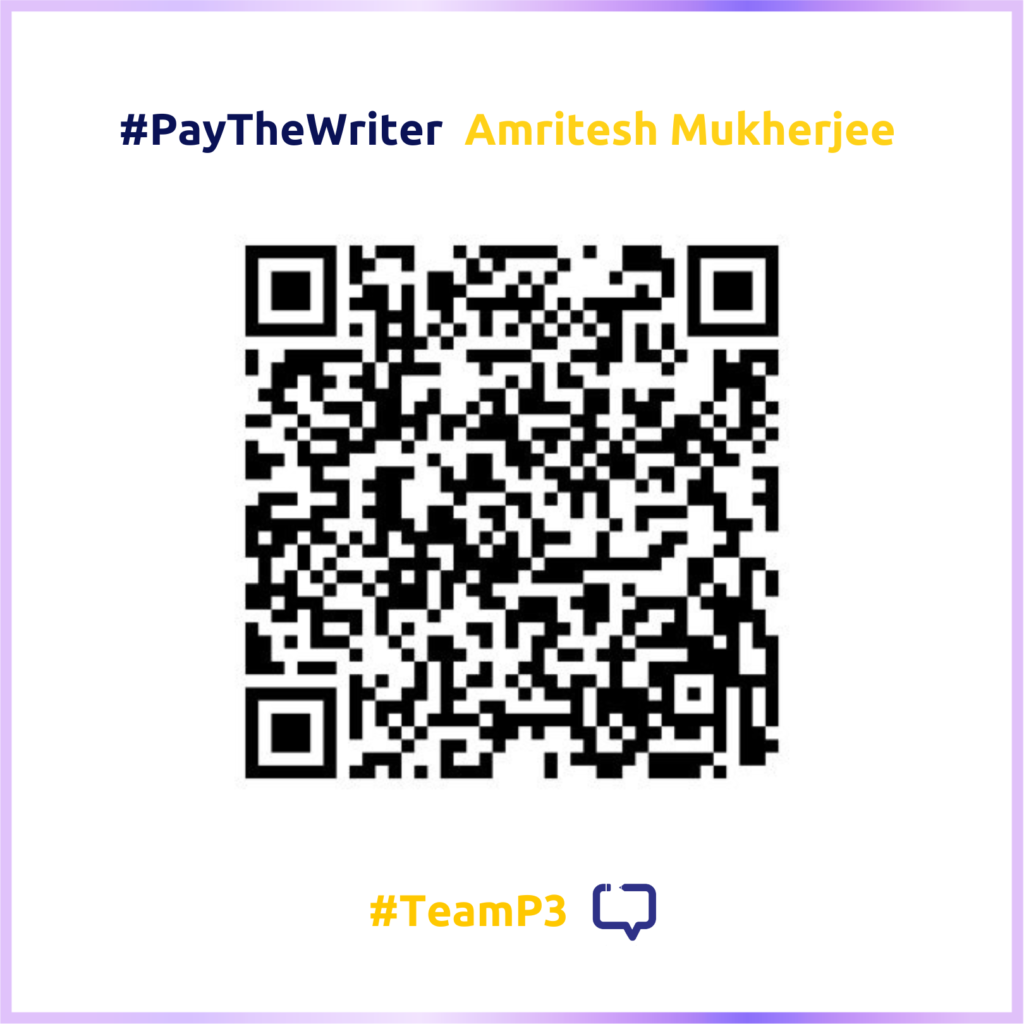
As part of our effort to compensate our writers better, we at Purple Pencil Project have launched the #PayTheWriter initiative, where readers can directly show support and appreciation for our wonderful team.
Scan or upload this image on your UPI app, and show them the love 😀










